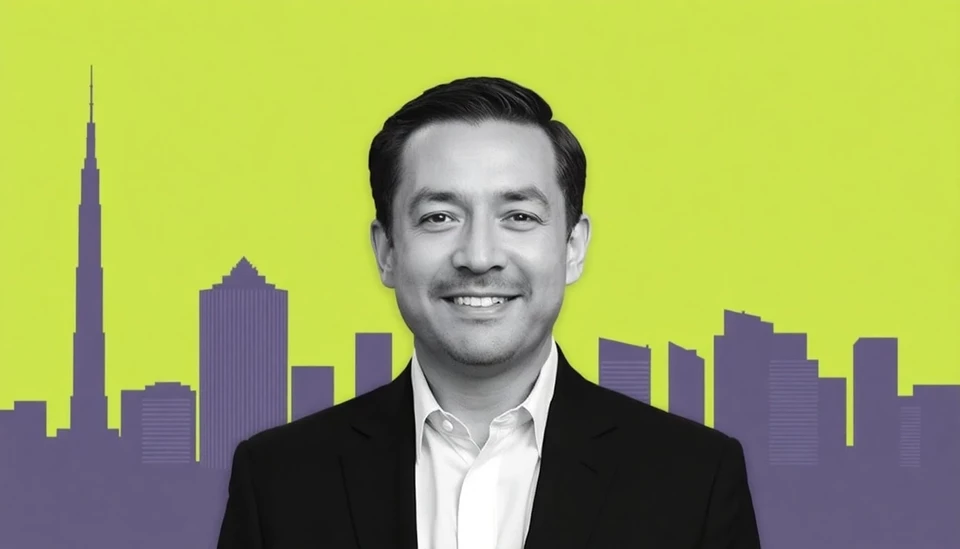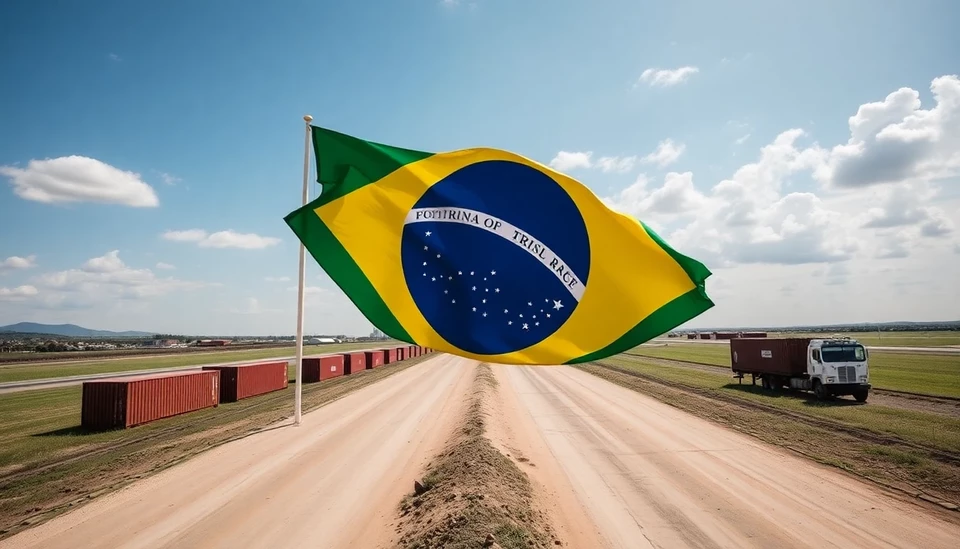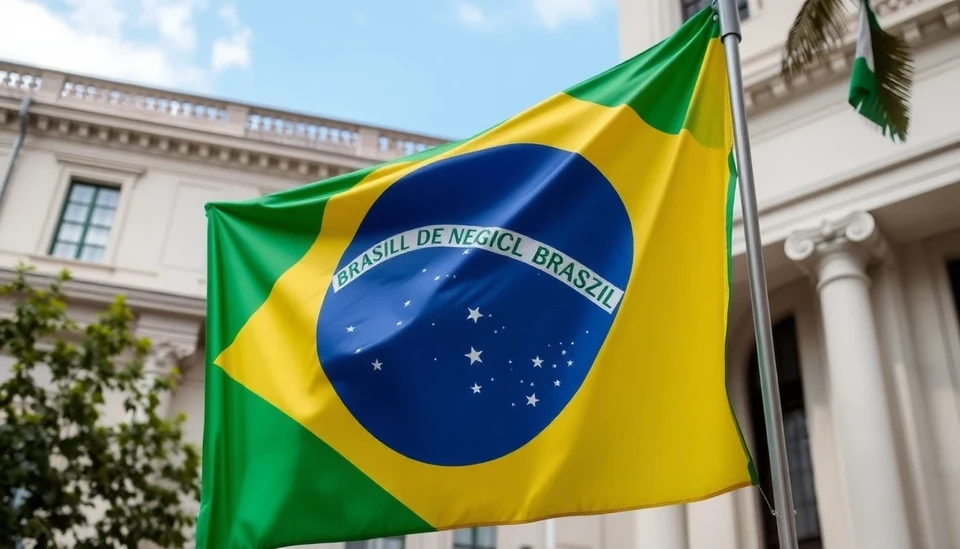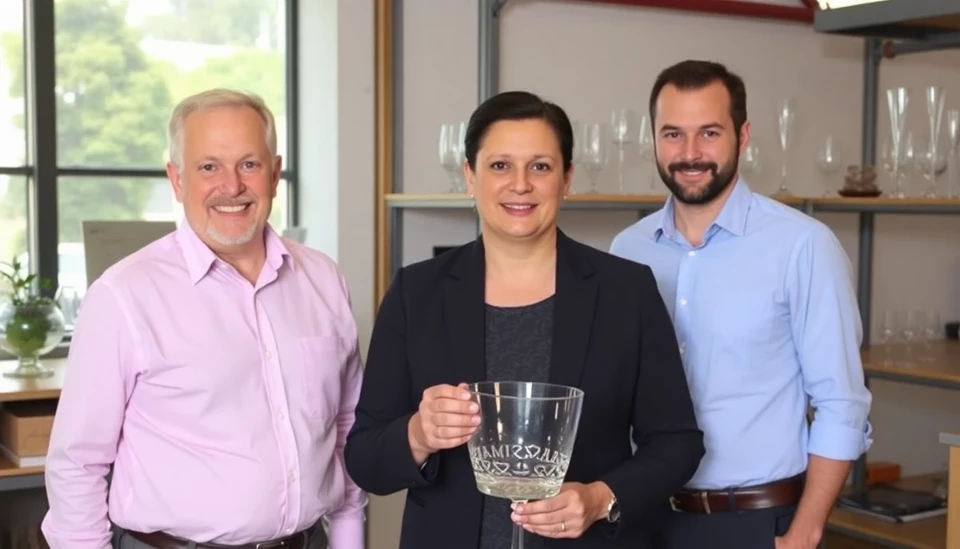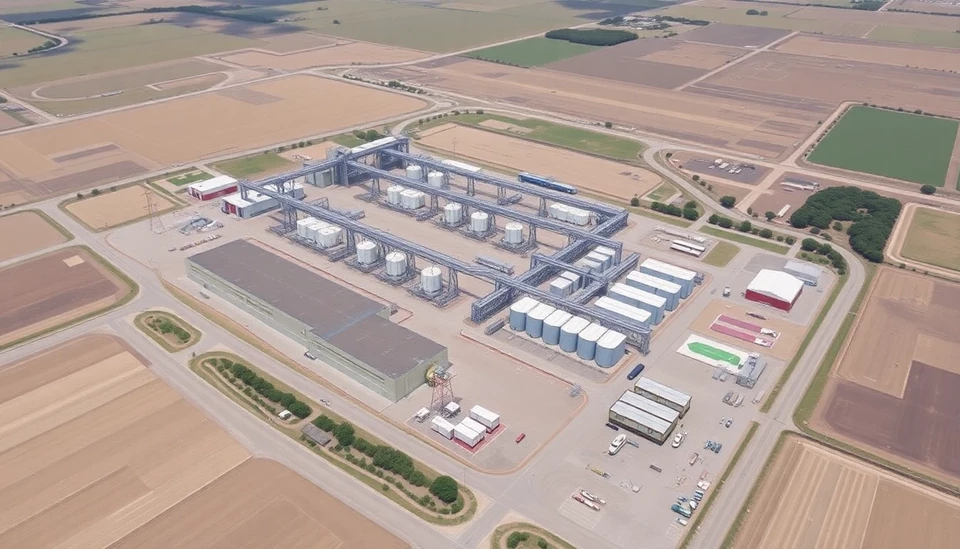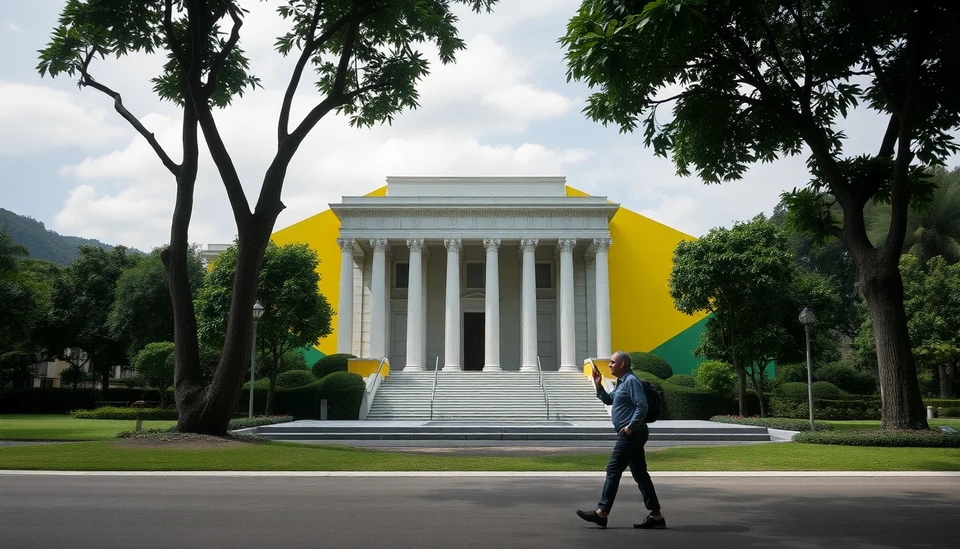
In a surprising turn of events, Brazil's inflation estimates have remained stubbornly high, hovering around the 6% mark, despite the Central Bank's aggressive approach to monetary policy through substantial interest rate hikes. The nation's economy is grappling with numerous factors that continue to exert upward pressure on prices, creating challenges for both policymakers and consumers.
The Central Bank of Brazil has been implementing significant interest rate increases in an effort to combat inflation, which had reached alarming levels in recent months. As the bank raised rates to historic highs, analysts expected this to effectively curb inflationary pressures. However, the expectation that inflation would decline considerably has not materialized, leading to a reevaluation of economic strategies.
Recent data indicated that consumer prices remain elevated, fueled by factors such as rising global commodity prices and supply chain disruptions. These issues have impeded the effectiveness of monetary tightening and have raised concerns regarding the trajectory of Brazil's economy moving forward.
Economists are now contemplating the potential need for further adjustments in policy, as the current inflation rate continues to exceed target levels set by the Central Bank. The perseverance of inflation is posing significant challenges for the Brazilian government, which is already dealing with slowing economic growth and external pressures arising from the global economic landscape.
The Central Bank's primary goal is to restore price stability, but with inflation remaining sticky, policymakers may face increasing pressure to adopt alternative strategies. Some experts are calling for a more nuanced approach that considers not only interest rates but also fiscal measures aimed at bolstering economic resilience and addressing the root causes of inflation.
As the government and the Central Bank grapple with these persistent inflation concerns, the Brazilian population is feeling the impact. Day-to-day expenses continue to rise, affecting household budgets and consumer confidence. Citizens are now more than ever concerned about their purchasing power and the overall cost of living.
With the economic landscape in constant flux, Brazil faces significant hurdles on its path to achieving sustainable growth and inflation control. The effectiveness of rate hikes and the Central Bank's strategy will be closely monitored in the months to come, as Brazil seeks to stabilize its economy amid ongoing global uncertainties.
As we move further into the fiscal year, all eyes will be on the economic indicators to determine whether Brazil can successfully navigate this challenging inflationary environment or if further interventions will be necessary to stabilize the nation's financial framework.
In conclusion, while the Central Bank's efforts to rein in inflation through significant rate hikes have yet to yield desired results, there is still hope for policy adjustments that can help stabilize the situation. The road ahead may be fraught with challenges, but continued vigilance and proactive measures could place Brazil on a path toward economic recovery.
#Brazil #inflation #economy #CentralBank #interestRates #monetaryPolicy #economicGrowth #costOfLiving
Author: Laura Mitchell
